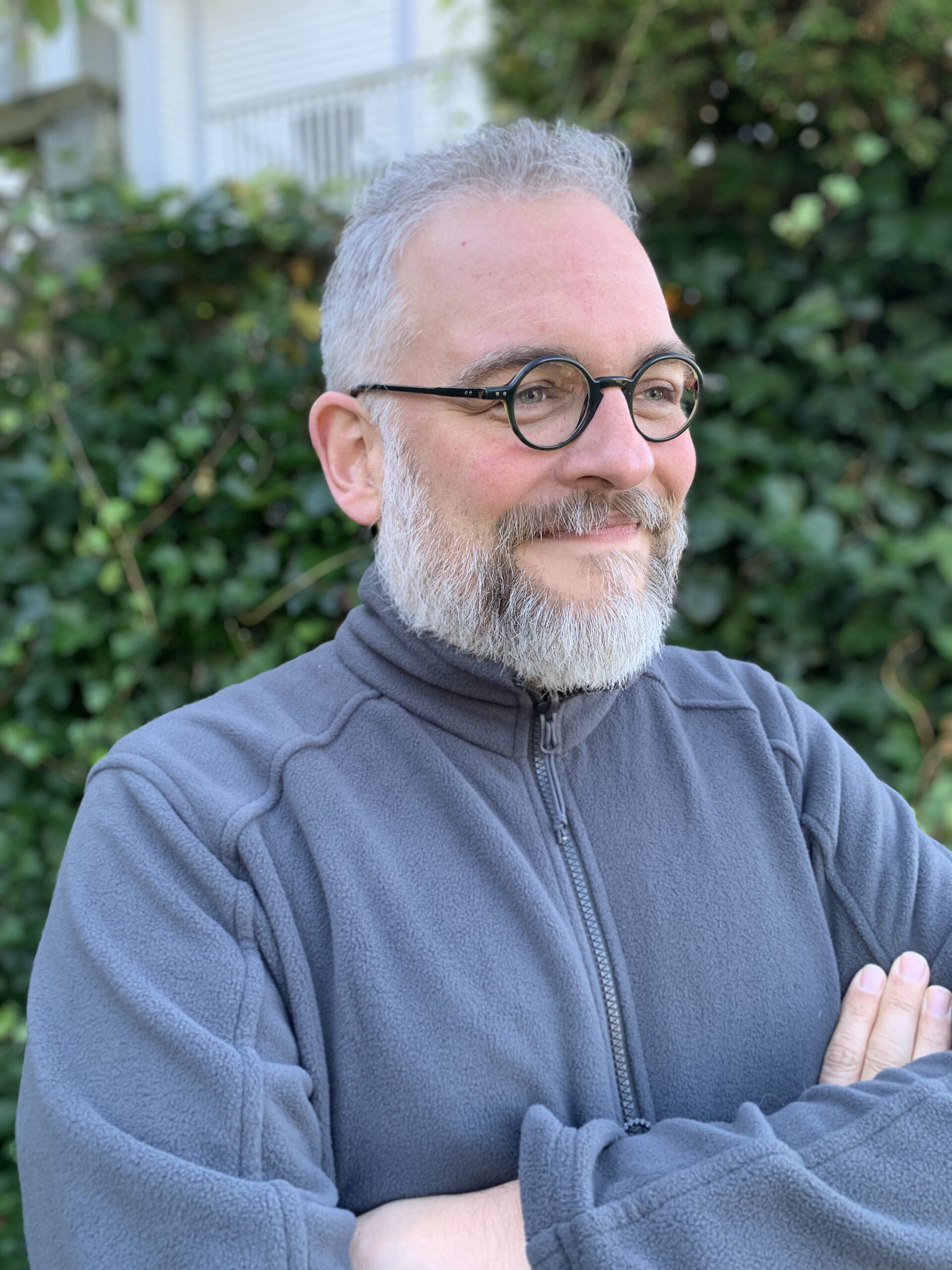Emmaus House is a downtown ministry in St. John’s operated by the Anglican parishes of St. Michael’s, St. Thomas’s and the Cathedral, together with the Roman Catholic Basilica. For more than thirty years, we have been feeding the hungry as a way to remember that in serving ‘the least of these’, we are also serving Christ. Over the last few years, the pandemic and the rising cost of living have significantly changed the demographics of our clients. Where once we served mostly single people, often living in boarding houses, we are now seeing more refugees (both Syrian and Ukrainian), international students, and even working families struggling to make ends meet. I was once talking about this, and someone said, ‘It’s not just poor people coming any more!’ I quickly replied that what’s really happening is that the face of poverty and food insecurity is changing, and that ‘poor people’ don’t always look the way you expect them to.
One of the most important things that I’ve learned from the food bank is that its ministry is not just about helping ‘poor people’. It’s more than a chance to provide food and dignity to some of the most vulnerable members of the community. It’s also an opportunity to learn to be generous and to use what we have to care for others. Feeding the hungry is a reminder to us that the food that people donate has not been deposited in the food bank as if it were going to ‘gain interest’ like in a normal bank. It was given so that the church can be generous with it. This is a tremendous privilege and responsibility.
When Jesus and his disciples faced the problem of feeding a multitude in the wilderness, the disciples focused on the apparent impossibility of buying enough food. But Jesus was more interested in what they already had. He set them to work proclaiming the abundance of five loaves of bread and two small fish, and when all was said and done, they ended up with more food than they started with!
Notice that Jesus doesn’t say ‘If we give this crowd loaves and fishes today, they’re going to expect it every day.’ In fact, he recognizes that the needs of the vulnerable are often constant. He reminds the disciples that ‘the poor you have with you always.’ In John’s Gospel, he tells the crowd that they are not looking for him because they saw signs, but because they ate their fill of loaves. But he doesn’t let their continued need disqualify them from further assistance. In the Synoptic Gospels, he follows the feeding of the five thousand with a second feeding, this time of four thousand people.
What we do most, we do best. When we focus on scarcity, and save our resources ‘for a rainy day’, we learn to be prudent and frugal, and possibly even stingy, and we get really good at that. Some people have pointed out that there couldn’t have been a rainier day than a global health crisis! When we focus on abundance, however, we learn to give it away generously, and that generosity and abundance overflows into so many other areas of our lives. Although it can be a bit of a cliche, perhaps when we think about food insecurity, we should be asking ‘What Would Jesus Do?’
Emmaus House is just one of many food banks, church-run and otherwise, that help feed the hungry in our province. You can learn more about how to help respond to human needs with loving service by visiting www.foodfirstnl.ca




